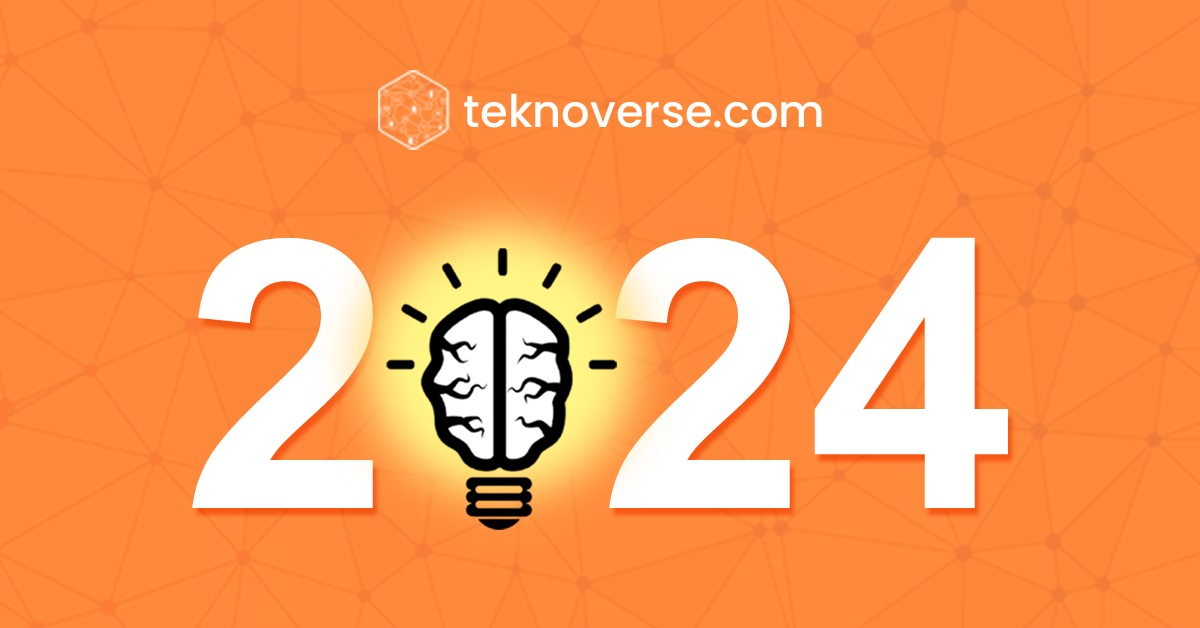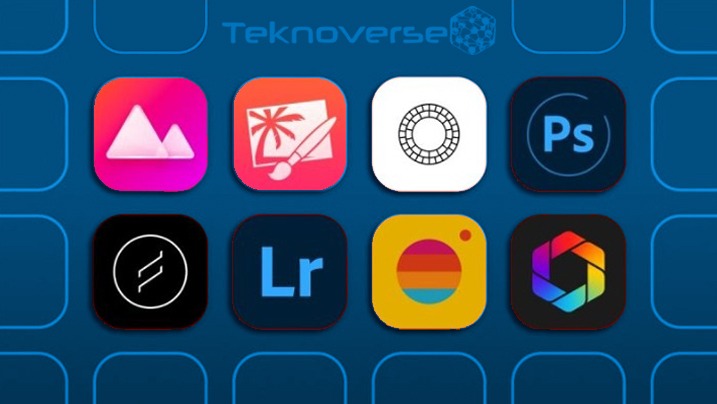
Best Game Development Company in US
You might be overwhelmed by the number of options available. There are hundreds of game studios, indie developers, and freelancers who claim to offer high-quality games for various platforms and genres. But how do you choose the right one for your project? How do you evaluate their skills, experience, portfolio, and reputation? How do you ensure that they can deliver on time and within budget?
In this blog post, we will share some tips and criteria that can help you find the best game development company in the US. We will also introduce you to some of the top game developers in the country, based on their awards, ratings, reviews, and portfolio. Whether you are looking for a casual game, a mobile game, a VR game, or a AAA game, you can find the perfect partner for your vision here.
What to Look for in a Game Development Company?
Before you start your search, you need to have a clear idea of what kind of game you want to create, what platforms you want to target, what features you want to include, and what budget and timeline you have. This will help you narrow down your options and focus on the most relevant ones.
Once you have a clear vision of your game, you can look for the following qualities in a game development company:
Experience, How long have they been in the industry? How many games have they developed? What genres and platforms do they specialize in? How successful were their previous games?
Portfolio, What kind of games have they created? How do they look and play? Do they match your style and expectations? Can you play their games or see their demos?
Reviews, What do their clients and players say about them? How satisfied were they with their services? How did they handle communication, feedback, and revisions? Did they meet the deadlines and budgets?
Awards, Have they won any awards or recognition for their games or services? Are they members of any professional associations or organizations? Do they have any certifications or accreditations?
Team, Who are the people behind the company? What are their roles and qualifications? How many developers, designers, artists, testers, and managers do they have? How do they collaborate and coordinate?
Technology, What tools and technologies do they use to create games? Are they familiar with the latest trends and innovations in the industry? Do they have their own proprietary engine or framework?
Services, What services do they offer besides game development? Do they provide game design, art, animation, sound, music, testing, publishing, marketing, or maintenance?
Pricing, How much do they charge for their services? How do they calculate their rates? Do they offer fixed-price or hourly contracts? Do they require upfront payments or milestones?
Communication, How do they communicate with their clients? What channels and methods do they use? How often do they update and report on the progress? How do they handle changes and requests?
By asking these questions and comparing different game development companies based on these criteria, you can find the best match for your project.
Top Game Development Companies in US
To save you some time and effort, we have compiled a list of some of the top game development companies in the US. These are not ranked in any particular order, but rather based on their reputation, portfolio, reviews, and awards. Here are some of the best game developers in the country:
Valve Corporation, Founded in 1996 by former Microsoft employees Gabe Newell and Mike Harrington, Valve is one of the most influential and successful game developers in the world. Based in Bellevue, Washington, Valve is known for creating iconic games such as Half-Life, Portal, Counter-Strike, Dota 2, Team Fortress 2, Left 4 Dead,
and more. Valve also operates Steam, the largest online platform for PC gaming.
Epic Games, Founded in 1991 by Tim Sweeney, Epic Games is a powerhouse of game development and technology. Based in Cary,
North Carolina,
Epic is responsible for creating some of the most popular games of all time,
such as Unreal,
Gears of War,
Fortnite,
and more. Epic also develops Unreal Engine,
one of the most widely used game engines in the industry.
Blizzard Entertainment, Founded in 1991 by Michael Morhaime,
Allen Adham,
and Frank Pearce,
Blizzard Entertainment is a legendary game developer that has shaped the history of gaming. Based in Irvine,
California,
Blizzard is famous for creating some of the most beloved franchises in gaming,
such as Warcraft,
StarCraft,
Diablo,
Overwatch,
and more. Blizzard also operates Battle.net,
a online gaming service that connects millions of players around the world.
Electronic Arts, Founded in 1982 by Trip Hawkins,
Electronic Arts is one of the largest and oldest game publishers in the world. Based in Redwood City,
California,
EA publishes and develops games for various platforms and genres,
such as FIFA,
Madden NFL,
The Sims,
Need for Speed,
Battlefield,
Mass Effect,
and more. EA also owns several studios and subsidiaries,
such as BioWare,
DICE,
Respawn Entertainment,
and more.
Activision, Founded in 1979 by former Atari employees David Crane,
Larry Kaplan,
Alan Miller,
and Bob Whitehead,
Activision is one of the first independent game publishers in the industry. Based in Santa Monica,
California,
Activision publishes and develops games for various platforms and genres,
such as Call of Duty,
Skylanders,
Guitar Hero,
Destiny,
and more. Activision also owns several studios and subsidiaries,
such as Treyarch,
Infinity Ward,
Sledgehammer Games,
and more.
Game development ethics are the principles and standards that guide the creation and distribution of interactive media, such as video games. According to the International Game Developers Association (IGDA), game development ethics have the following objectives.
To promote the growth of the industry and the creative endeavors
- To ensure a professional standard of workplace environment for all developers;
- To publicly establish and communicate the standards as media professionals;
- To cultivate a welcoming and supportive community of game developers;
- To advocate for game developers and ensure their voices are heard;
- To emphasize the role of empathy in understanding diverse perspectives and experiences;
- To foster inclusivity among game developers, studios, and games.
Some of the core values that the IGDA expects from its members are,
Growth,to provide resources and opportunities for career and personal development, and to support sustainable and thriving industry practices;
- Community, to connect with peers, share knowledge and support, and value the traditions and history of the game development community.
- Advocacy, to represent the interests of game developers in important conversations that affect the industry and society, and to ensure that individual developers and their concerns are not overlooked.
- Inclusivity, to value diversity of all kinds in game development, and to believe that it leads to better and more successful products, companies, and developers.
Empathy, to strive to understand others’ perspectives, and to share stories and opinions respectfully, as well as to use games as tools of empathy and to treat others with respect.
Some examples of game development ethics in practice are,
- Respecting intellectual property rights and giving proper credit to contributions.
- Seeking fair rights to ownership of content created by developers.
- Honoring signed legal agreements in spirit and in letter.
- Promoting proper, responsible, and legal use of computing technology;
- Creating content appropriate for the stated audience, and cooperating with ratings boards.
- Sharing knowledge while protecting intellectual property, for the growth of peers and industry.
- Promoting public knowledge of technology and art, and the strengths of the industry.
Some companies that use these ethics in the USA are,
Electronic Arts (EA), EA has a code of conduct that outlines its commitment to ethical behavior, diversity and inclusion, respect for human rights, environmental sustainability, data privacy, anti-corruption, fair competition, and social responsibility. EA also has a Positive Play Charter that sets expectations for players to create a safe and fair gaming environment.
Riot Games, Riot Games has a set of values that guide its culture and decision-making, such as player experience first, dare to dream, thrive together, challenge convention, focus on impact, stay hungry stay humble. Riot Games also has a Social Impact Fund that supports global social causes through grants and donations.
Supergiant Games, Supergiant Games is an independent studio that values creative freedom, artistic expression, collaboration, diversity, accessibility, quality, and player satisfaction. Supergiant Games also supports various charities through its game sales and events.
Teknoverse, we are passionate about creating immersive and innovative games that push the boundaries of technology and ethics. We are a team of talented and experienced developers based in the USA, with a vision to inspire and entertain our players around the world.
Latest Games
The gaming industry is constantly evolving and producing new titles that appeal to different audiences. Some of the latest games that have been released or are expected to launch soon are.
Horizon Forbidden West, A sequel to the critically acclaimed Horizon Zero Dawn, this action-adventure game follows Aloy as she explores a post-apocalyptic world inhabited by robotic creatures.
God of War Ragnarok, The next installment in the popular God of War series, this game continues the story of Kratos and his son Atreus as they face the wrath of the Norse gods.
Halo Infinite The sixth main entry in the Halo franchise, this game features a new open-world environment and a revamped multiplayer mode.
Resident Evil Village The eighth major game in the Resident Evil series, this survival horror game follows Ethan Winters as he tries to rescue his daughter from a mysterious village.
Eden Ring, A collaborative project between From Software and George R.R. Martin, this game is an action role-playing game set in a fantasy world with dynamic weather and day-night cycles.
In conclusion,
The best game development company in the USA is not a simple question to answer. There are many factors that contribute to the success and quality of a game developer, such as creativity, innovation, technical skills, marketability, customer satisfaction, and profitability. However, based on the available data and reviews, some of the top contenders for this title are Valve, Blizzard, Epic Games, Rockstar, and Naughty Dog. These companies have produced some of the most popular and critically acclaimed games in the industry, such as Half-Life, Portal, Warcraft, StarCraft, Overwatch, Fortnite, Grand Theft Auto, Red Dead Redemption, The Last of Us, and Uncharted. They have also demonstrated a consistent ability to adapt to changing trends and technologies, as well as to create original and diverse experiences for their audiences. Therefore, they can be considered as some of the best game development companies in the USA.








